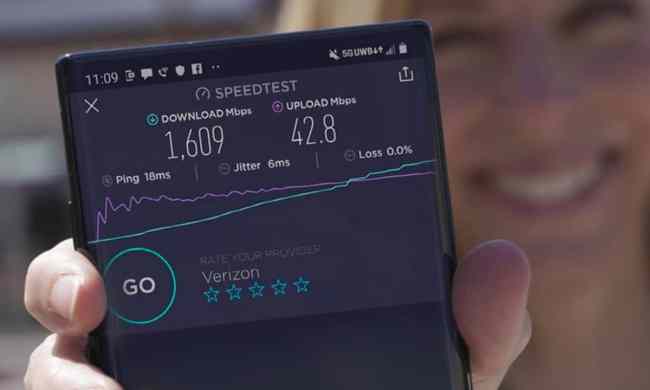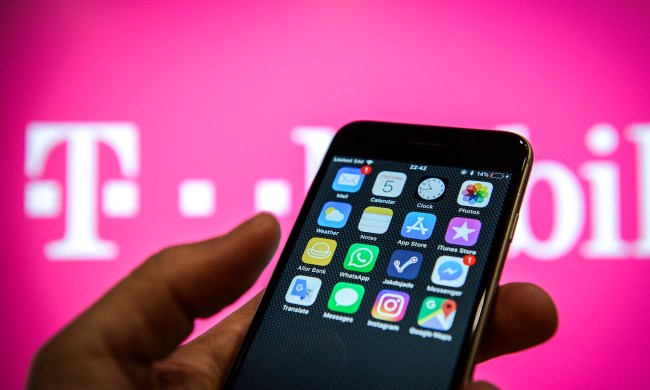
Huawei filed a patent dispute lawsuit against T-Mobile in the U.S. District Court in Eastern Texas on Tuesday because, the company says, the carrier is using Huawei’s 4G patented technology and isn’t agreeing to make a deal. The technology revolves around Huawei’s 4G Wireless Network Essential Patents, and the Chinese company says it is ready to offer a license with terms and conditions “that are fair, reasonable, and non-discriminatory,” or “FRAND.”
“Huawei brings this action because T-Mobile has refused Huawei’s FRAND offer, but continues to practice, use, or otherwise comply with 4G standards covered by Huawei’s 4G Wireless Network Essential Patents by operation of its cellular telecommunications network,” according to court documents.
Huawei says that the unlicensed use of its 4G patents also extends to MetroPCS, which T-Mobile owns. The dispute began on June 6, 2014, when Huawei allegedly reached out to T-Mobile about a licensing deal. Huawei wanted the carrier to sign a nondisclosure agreement during the process, but T-Mobile repeatedly refused. The Chinese company then filed patent-infringement actions in January of this year — and that’s when some talks began.
“On February 5, 2016, T-Mobile responded – for the first time – that it would be willing to enter into an appropriate nondisclosure agreement, and identified several terms that it wanted to include in the nondisclosure agreement,” according to Huawei’s suit. “T-Mobile also stated in that letter: ‘Rest assured that when and if Huawei deems it appropriate to make a FRAND offer, T-Mobile will give such an offer reasoned and full consideration.’”
But even after Huawei agreed to T-Mobile’s nondisclosure agreement demands, the carrier reportedly began to delay discussions about the licensing deal until it ultimately rejected it in May.
“Huawei owns numerous patents which are essential to the operation of LTE network services,” William Plummer, Huawei’s vice president of external affairs, tells Digital Trends. “We’re prepared to grant licenses to our essential patents on fair, reasonable, and non-discriminatory (FRAND) terms, to T-Mobile, and any other licensee. The purpose of the lawsuit is to resolve a dispute over the terms of such a license.”
This isn’t the first run-in between the two companies. T-Mobile sued Huawei in 2014 for allegedly stealing designs of a robot called Tappy — the robot simulates tapping on mobile phones, and was built to reduce the number or returns and unhappy T-Mobile customers. That case is still active, and a T-Mobile representative simply pointed to it when asked about Huawei’s new lawsuit filing. It goes on trial on Oct. 31.
You can view the full court document here.


